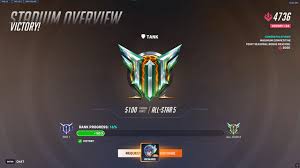Understanding the Gamer After Phenomenon

Introduction
The gaming industry has seen unprecedented growth, with millions engaging in video games worldwide. However, the experience of gamers often extends beyond the game itself. The concept of ‘gamer after’ refers to the period and activities that take place after gameplay has ended, encompassing social interactions, community building, and lifestyle changes. Understanding this phenomenon is crucial, as it highlights the significant impact gaming has on players’ lives, shaping their identities and relationships.
Gamer After Activities
Recent surveys indicate that many gamers transition to community-driven activities once they finish playing. Common activities include engaging in discussions on social media platforms, watching streaming content, or creating and sharing gaming-related content such as videos or fan art. For instance, a 2023 report from the Entertainment Software Association noted that 72% of gamers interact with gaming friends online after gaming sessions, demonstrating the strong social aspect that follows.
Impact on Mental Health
Research has begun to explore the mental health implications of the ‘gamer after’ experience. While gaming can provide stress relief and escapism, activities undertaken afterward, such as engaging in positive online communities, can enhance a gamer’s sense of belonging and support mental well-being. Conversely, some gamers report feelings of isolation if they don’t participate in post-game discussions or activities, highlighting the duality of social interactions in the gaming world.
Community Building and Networking
The post-gaming period often fosters a sense of community among gamers. Many engage in coordinated efforts to join gaming clans or teams, participate in tournaments, and collaborate on creative projects like gaming streams or podcasts. This not only enhances player experiences but also creates networking opportunities, leading to potential career paths within the gaming industry, such as content creation and eSports. A study by the International Game Developers Association found that 34% of gamers have made long-term friendships through gaming.
Conclusion
The ‘gamer after’ trend illustrates the multifaceted nature of gaming, going beyond mere entertainment to shape social interactions and personal identity. As gaming continues to evolve, the significance of post-game experiences will likely gain more recognition, promoting healthier gaming habits and community engagement. By understanding and embracing the gamer after concept, players, developers, and communities can create enhanced environments that support creativity, friendship, and well-being within the gaming culture.









